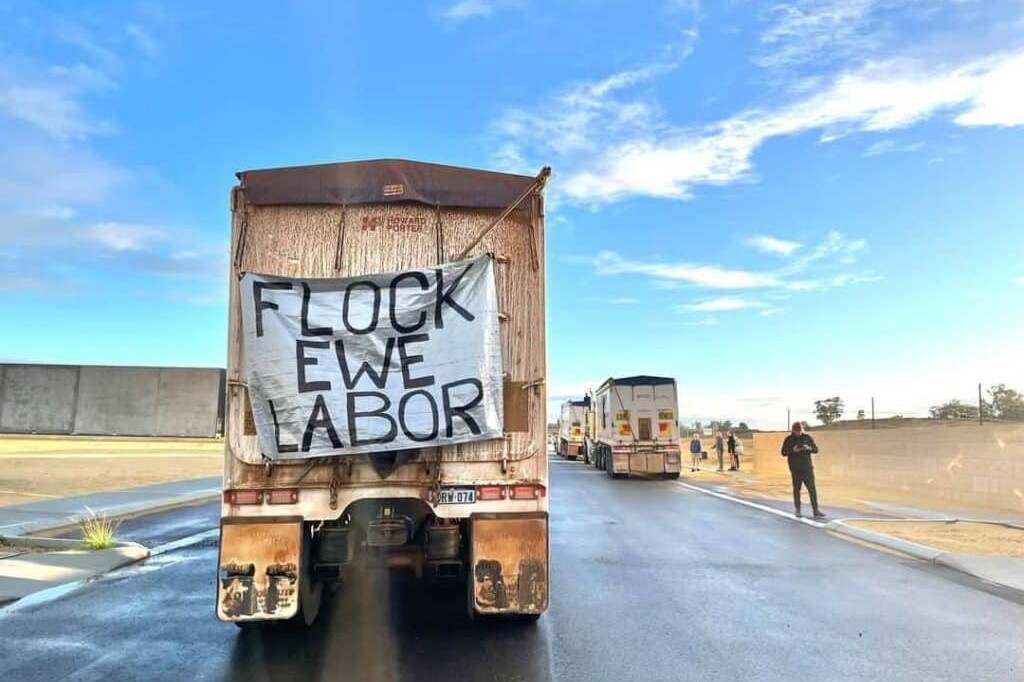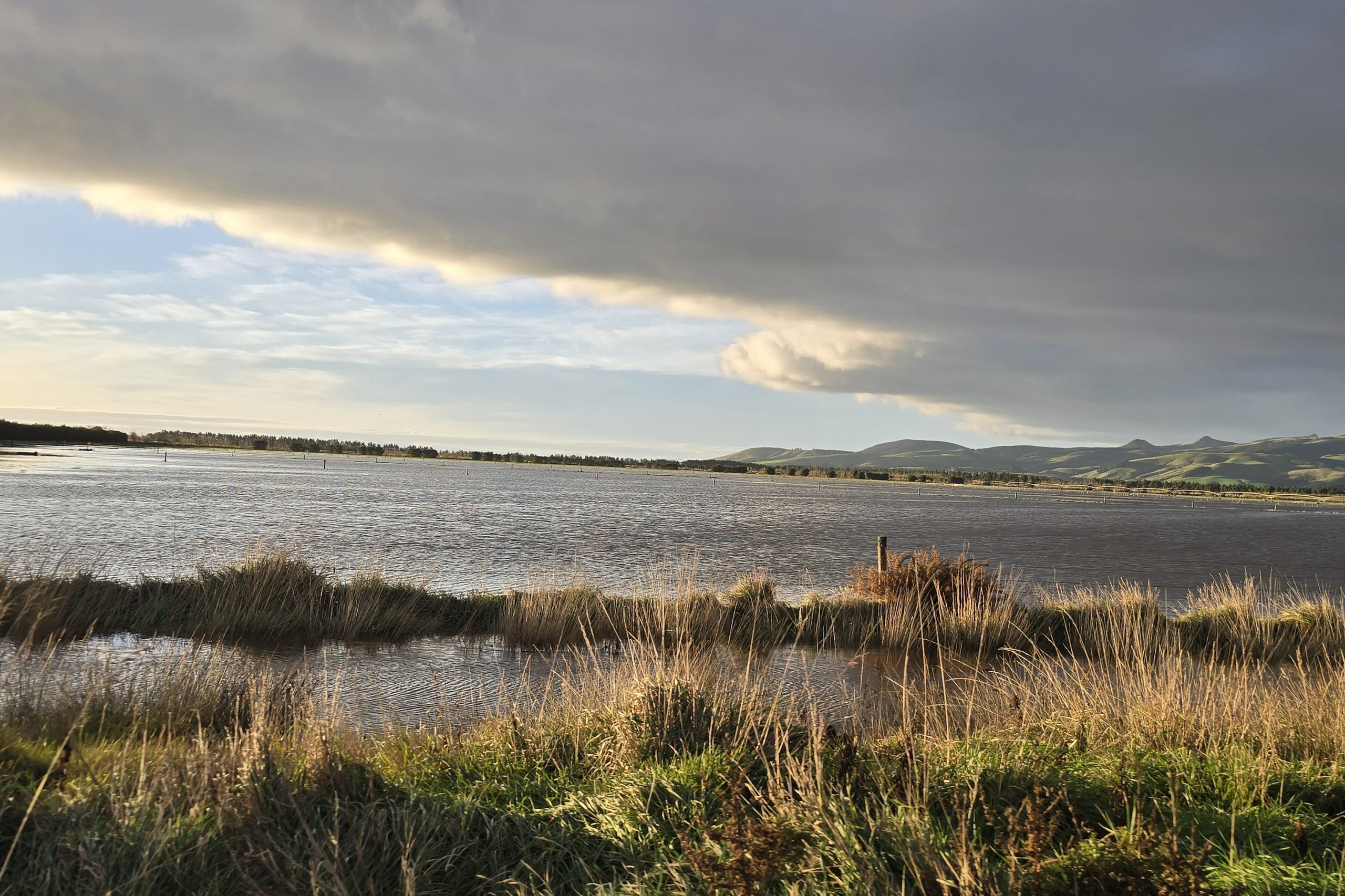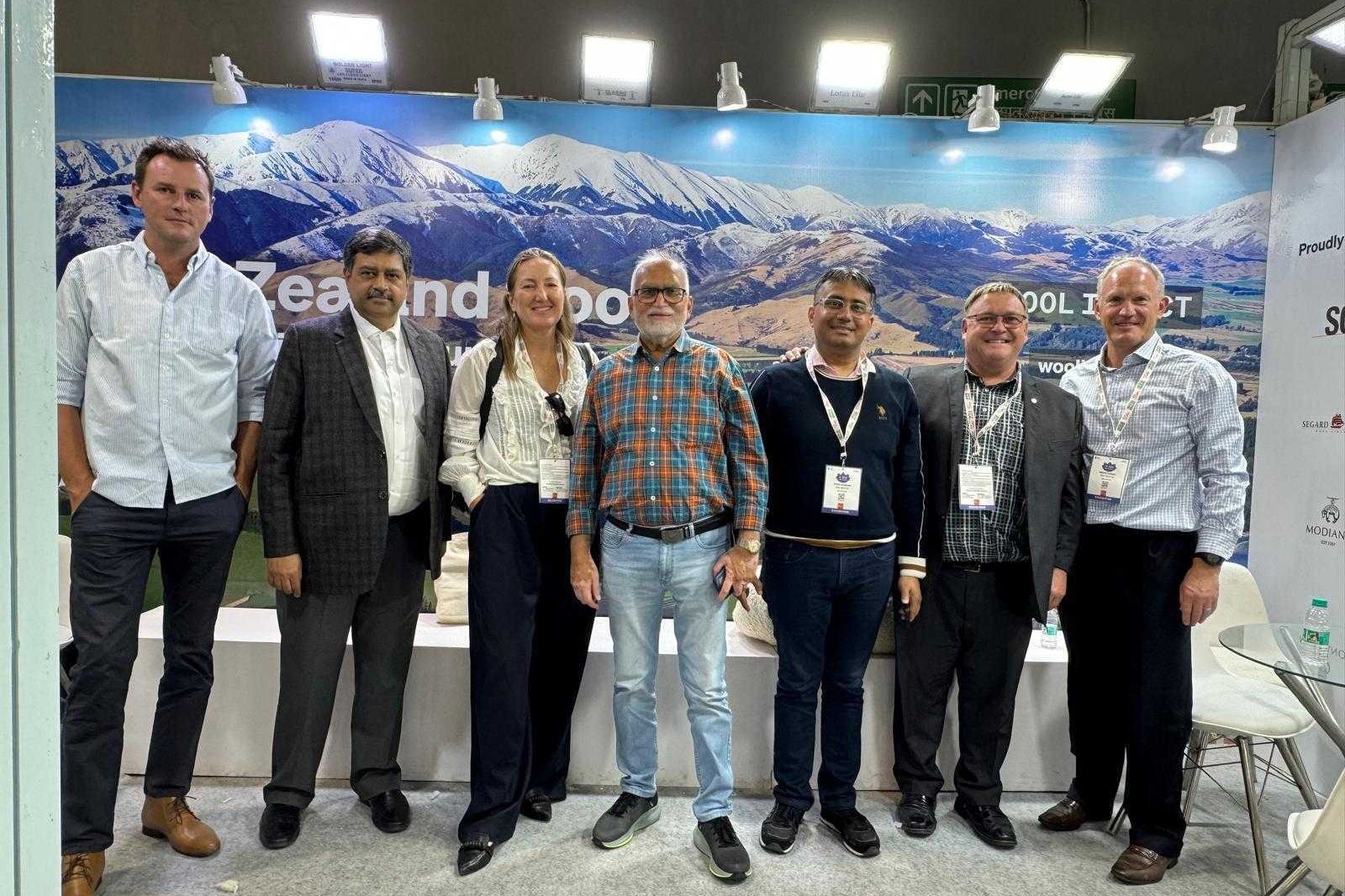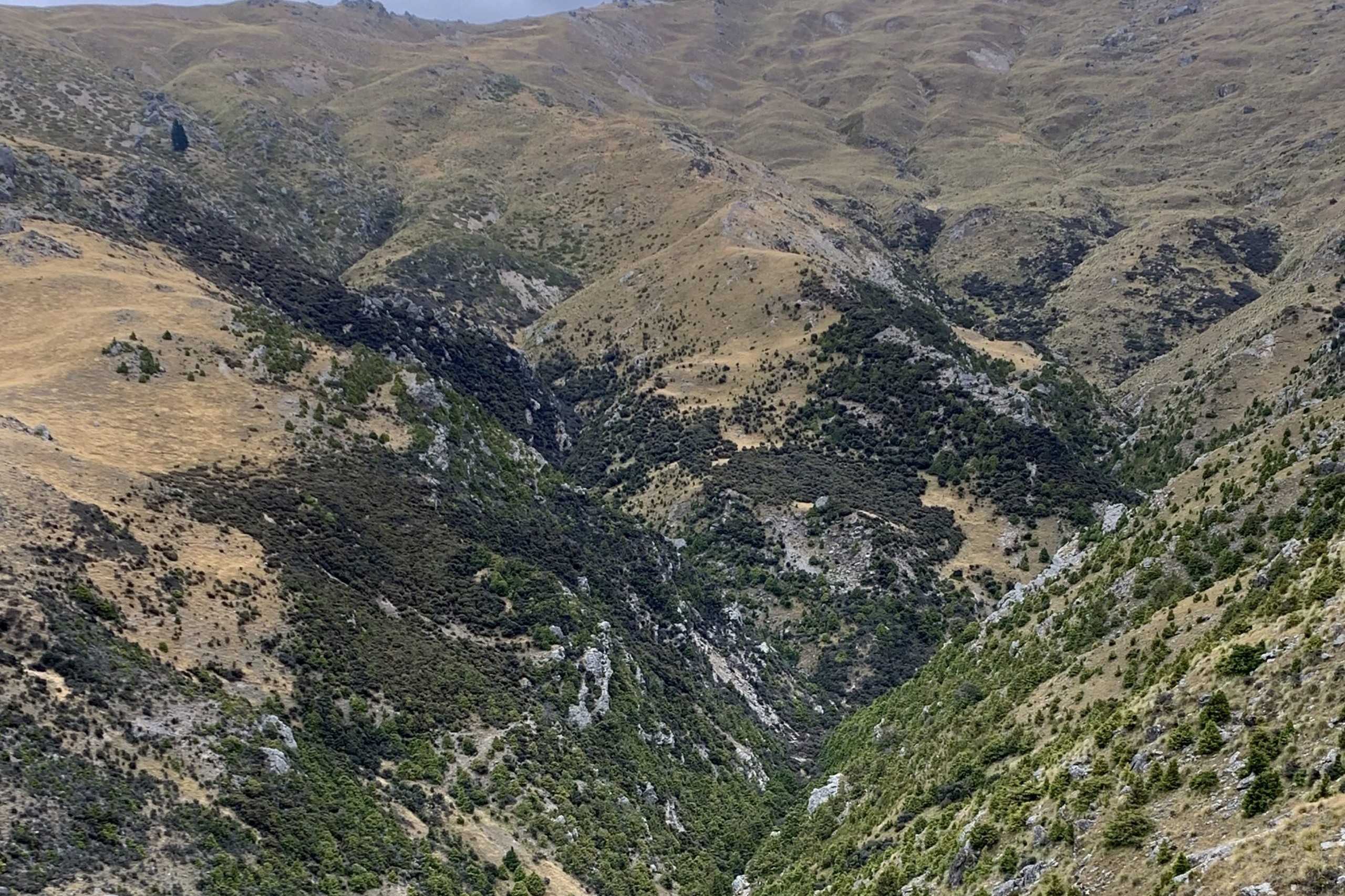Was that a frock or a flock?
Matata farmer Paul Burt reflects on an early encounter with a staff crossdresser in a time when farming was simpler.
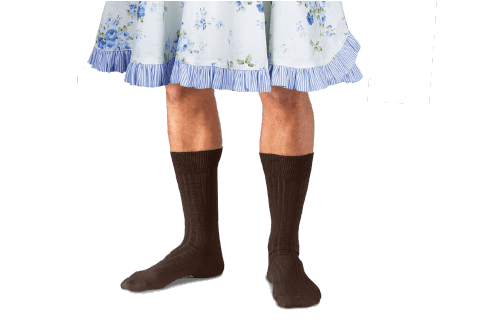
Matata farmer Paul Burt reflects on an early encounter with a staff crossdresser in a time when farming was simpler.
 WHAT? HAVEN’T YOU SEEN A MAN in a dress before?” said the bloke in the doorway, resplendent in a blue floral-print pinafore and Norsewear socks. The boss and I stood there not knowing where to look.
WHAT? HAVEN’T YOU SEEN A MAN in a dress before?” said the bloke in the doorway, resplendent in a blue floral-print pinafore and Norsewear socks. The boss and I stood there not knowing where to look.
I had just left school where, sadly, even girls in dresses were a mystery to me. The boss was a gentleman and I’d been brought up not to be judgemental, so we said our good mornings and went on our way.
John, the crossdresser, lived in the shearers’ quarters and did odd jobs on the farm. Until that day, when necessary, he got around on the back of the boss’s Honda 90. Before long, a salesman arrived with a second bike. The boss tactfully said he would feel more comfortable if John rode his own bike from now on.
Somehow, change has more significance when you have lived through it. This was the 1970s, a colourful interlude on a sheep farm that seems a world away from the business we call sheep farming today.
I don’t believe farms in those days were thought of as strictly businesses, there being an expectation to make a living rather than a fortune.
Farming was a vocation, a challenge, a place for hard graft and determination. A chance to bring up a family and hone many skills in an environment as natural and uncluttered as a workplace could be.
New Zealand liked farmers, and most important of all, it was realistic to aspire to farm ownership if you (and your partner) possessed that iconic Kiwi grit. The best sheep and cattle farms in the best years of the 1970s had turnovers of half their capital worth. The same farms today might gross 10% of their value, making the hurdle to farm ownership much greater.
There was less competition for land use, and after 10 to 20 years of hard work and saving, a determined couple could fund an economic unit, especially in more remote localities.
Farming back then was production-focused, which in hindsight produced some environmental issues, but knocking the country into shape was a supported theme. That generation, rural and urban, was more realistic about how the country’s bills were paid – a sentiment helped by the high number of farmers in Parliament.
In those days, people at the sharp end of primary industry largely made their own rules. It was a brave official who tried to tell a farmer what he couldn’t do on his own land, and many a conversation ended in a simple but profane two-word instruction.
As far as the boss was concerned, he paid the mortgage and was within his rights to make any improvements on his patch. His reluctant nod to compliance was an annual trip to the accountant. Today, the paperwork for that “improvement” will likely cost tens of thousands of dollars, and it may or may not be allowed after a process lasting many months.
As well as specific activities with consent requirements attached, we are increasingly being asked to justify our existence. Metaphorically, we still provide the world with its daily bread, but increasingly, it wants to know the recipe.
That two-word directive is no longer an option. What we require now are the answers to questions before the world has asked them. This is the way forward but it adds to the financial and emotional workload of what are in the main, cash-poor, small to medium family enterprises. Greater pressure arrives from bureaucracy that is not logical. Couple this with the consequences of poorly conceived Government policy and the idyll of farm life becomes severely dented.
The farm owners of my youth spent 99% of their working time hands-on farming. They employed more people and all were members of stronger communities. Read the old journals and there are the same gripes about the weather, rising costs and falling prices or the failings of the Government. Above this however, you can detect an atmosphere of confidence.
Fifty years ago, sheep farming was a worthwhile bet and within the grasp of anyone with drive and passion. Today, especially with wool out of the equation and the price of land exaggerated way above its productive worth, I’m not so sure. Perhaps I’ve simply lost the optimism of youth.

